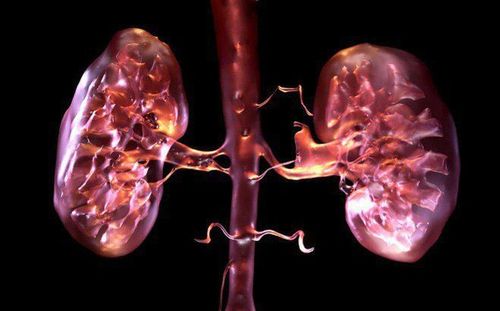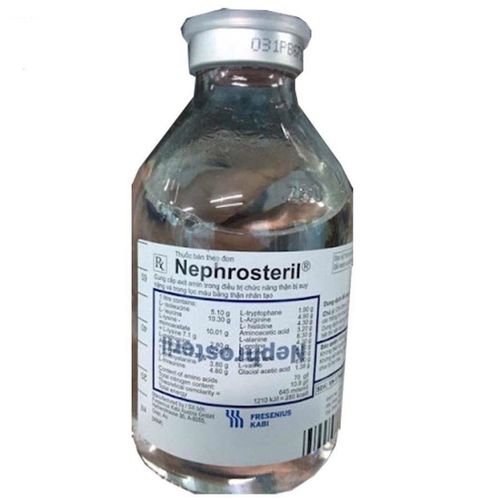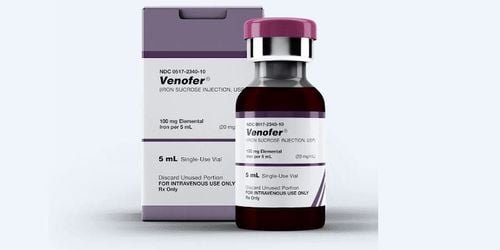This is an automatically translated article.
The article is professionally consulted by Master, Doctor Le Thi Minh Huong - Doctor of Resuscitation - Emergency, Department of Resuscitation - Emergency, Vinmec Nha Trang International General HospitalNausea and vomiting are one of the common complications in hemodialysis patients, accounting for about 5-15%. The cause is usually due to low blood pressure, a reaction to the filter,...
1. What is hemodialysis?
Hemodialysis is a method of filtering blood outside the body, by establishing an extracorporeal circulation. The patient's blood will be led into the filter of the hemodialysis machine, then filtered out the waste products of metabolism and excess water, and finally the blood will be returned to the body. This is one of the treatments for patients with end-stage kidney disease. The process of dialysis will be replaced by the kidney's filter. However, hemodialysis can cause many complications such as:Low blood pressure Infection Cramps Nausea, vomiting Itching Blood clot formation Chest pain, back pain
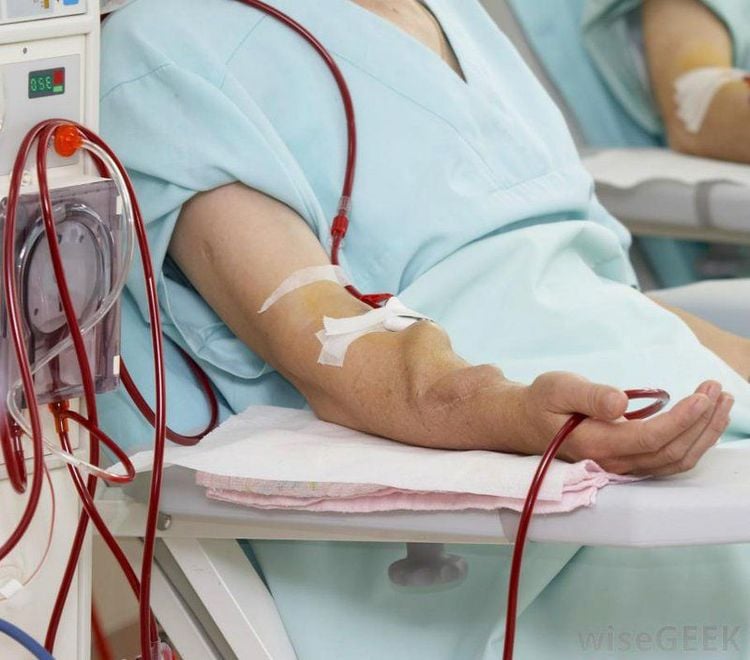
2. Causes of nausea during hemodialysis
Nausea and vomiting are common complications in hemodialysis patients, occurring in about 5-15% of routine dialysis cases. There are many causes of nausea and vomiting, most of which are due to low blood pressure. In addition, some other causes of symptoms include:Early symptoms of fluid imbalance Membrane reaction Mild gastroparesis: Common in diabetic patients Contaminated filtrate Concentration of substances such as sodium, calcium in the filtrate is not suitable. Patients on dialysis are often more prone to nausea and vomiting than other patients. In addition, hemodialysis can worsen symptoms in other conditions.
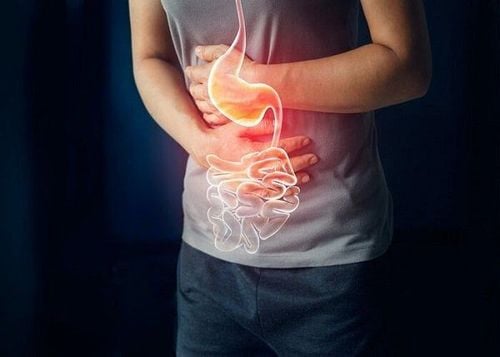
3. Remedial measures
To manage the complications of nausea and vomiting, it is necessary to treat the cause. First of all, if the patient has hypotension, it is necessary to treat and maintain a stable blood pressure. Antiemetics can be used for other causes if needed.Besides, prevention of hypotension during dialysis is of paramount importance. Persistent symptoms unrelated to hemodynamics may be relieved with the use of antiemetics. In addition, patients with end-stage chronic renal failure when treated with hemodialysis need to be especially strict in their diet. Limit foods high in salt and potassium, provide adequate protein, and patients should not drink too much water to limit the risk of edema.
In summary, the process of hemodialysis causes many complications, significantly affecting the health and daily life of the patient. In which, nausea and vomiting is one of the common complications, accounting for about 5-15%. The cause is usually due to low blood pressure, a reaction to the filter membrane, mild stomach paralysis, etc. When you see any abnormal signs, you should immediately notify your doctor for timely treatment.
Early detection of kidney failure plays an important role in the treatment outcome, so the diagnosis has special significance. Renal function scintigraphy is routinely applied at the Nuclear Medicine Unit, Vinmec International General Hospital. This is a technique to evaluate kidney function using modern high-precision measuring equipment and radioactive tracer. With good quality images, functional renal scintigraphy has become an indispensable technique to probe kidney function, contributing to improving the efficiency of diagnosis and treatment of kidney and urinary tract diseases. In particular, the scan shows the function of each kidney individually, helping to make safe treatment decisions.
Currently, Vinmec International General Hospital uses the SPECT/CT Discovery NM/CT 670 Pro equipment system, with the most modern 16-series CTs of the world's leading medical equipment company GE Healthcare (USA), for high-quality images, helping to diagnose diseases that need to be investigated early. In particular, Vinmec's team of experienced, well-trained doctors at home and abroad will directly advise and provide maximum support to customers during the shooting process, even for customers who are foreigner.
Please dial HOTLINE for more information or register for an appointment HERE. Download MyVinmec app to make appointments faster and to manage your bookings easily.






